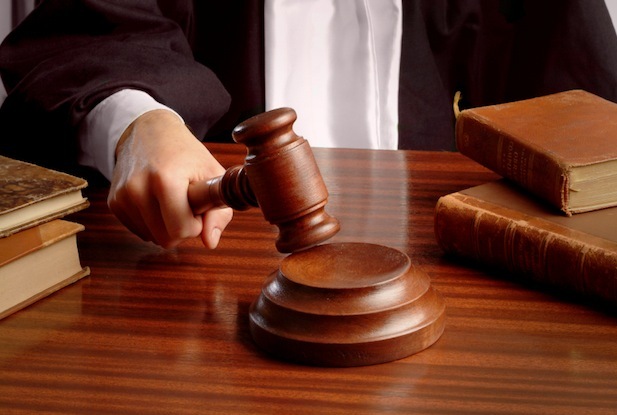The Independent Bench and Bar

I had the privilege recently of being in the audience for an extraordinary speech by an extraordinary woman. The speech, by the Chief Justice of the State of Massachusetts, will forever influence how I look at our democratic rights. Her thesis was that these rights are much more fragile than we realize, that we take them for granted, and that we must protect an independent bench and bar to ensure they are preserved.
The Chief Justice had every right to speak to the merits of North American democracy. She was born in South Africa and grew up as a privileged beneficiary of apartheid. The Chief Justice became a student leader against apartheid during the years that Nelson Mandela was in jail for his protest of white rule. She told us that during that period of her personal protest she learned to fear a knock on the door during the middle of the night.
The Chief Justice told us that during the years of her protest she saw many of her friends and colleagues, some white, some black, disappear without a trace. Because the judges were pawns of the white government, there was no where to turn. During that time the Chief Justice realized that without an independent bench there are no rights.
The Chief Justice moved to the United States, was educated at Harvard and rose to prominence as a lawyer in Boston. Now that she is a guardian of democratic rights she is highly sensitive to the judge bashing that is so common in her country. She called out for awareness that we need to protect our judges to protect ourselves. She pointed out that unless we as citizens have access to independent lawyers who can turn to independent judges, we too will learn to fear a knock on the door during the night.
